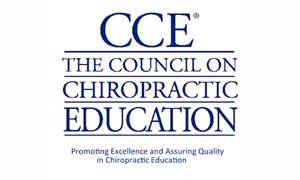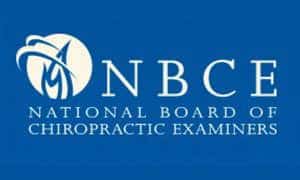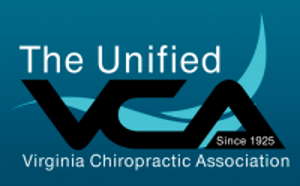
Herniated Disc Specialist
The spine is made up of 33 bones, and they are called the vertebrae. In between these bones are discs that are soft and jelly-like. They cushion the effect of friction when you rotate your spine or move about.
A herniated disc, also known as a slipped disc, occurs when a disc moves out of its position between two vertebrae. This usually causes intense pain as spinal nerves can be irritated or inflamed by this slip.
It is important to see a chiropractor as soon as possible to avoid permanent damage to your discs. Chiropractic treatment avoids expensive and invasive surgeries to treat herniated discs. Dr. Gregory Lee DC is a leading Fairfax Chiropractor, VA, with extensive experience treating herniated discs.
This page provides information on causes, symptoms, and treatment for herniated discs. Call us at 703-373-7113 to book an appointment.

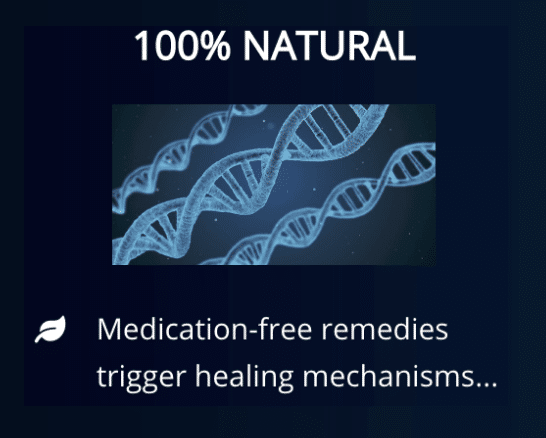
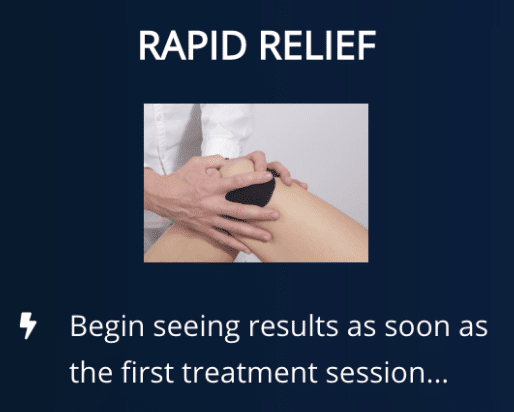

Symptoms of Herniated Disc
Most times, herniated discs occur in the lower back or the neck. Symptoms may also connote if there is nerve involvement, which usually affects a part of the body.
Sharp pain can also be felt in your thigh, calf, or buttock if the herniated disc is in the lower back. If the affected disc is in the neck, the shoulder and arm may hurt.
There is a tingling sensation or numbing when the slipped disc presses against a nerve.
Muscles are also affected, and weakness may be observed. A patient may not carry items or may stumble on movement.
In some cases, a person may have a slipped disc and may not show symptoms. This is usually confirmed on imaging of the spine.
Long Term Problems Due to Ignoring Herniated Disc
Herniated discs are serious health problems. Because you’re dealing with a spinal injury, you could be at risk for long-term chronic pain if you leave your herniated disc untreated.
A slipped disc is a very serious medical condition, it requires urgent medical attention, and it is recommended to see a chiropractor to prevent further deterioration. If left unattended, the patient stands a risk of debilitating pain.
When a nerve is affected, as in many cases, organs such as the bladder or rectum could be affected, causing urinary or fecal incontinence.
Some patients lose feelings in their inner thighs, rectum, or the back of the leg, a condition known as “saddlebag anesthesia.”
Causes of Herniated Disc
Mostly, the discs age for years and weaken. Even the ligaments holding the spine in place may lose integrity as the years go by. When this happens, a regular movement or slight twist may cause a disc to rupture.
Also, strenuous activity or exercise may cause a herniated disc instantly. Many athletes could be at risk too.
Types of Herniated Disc
Herniation typically occurs when the material inside a disc slips out of position from the vertebral column. Distinct kinds of herniated disc include:
Here, the spinal disc remains intact or in position, but a protrusion/out pouch decomposes on surrounding nerves. A disc protrusion may remain benign or progress to other complications.
A disc prolapse describes damage or injury to the intervertebral disc. The nucleus pulposus escapes from its enclosed space, enters the spinal canal, and presses against the spinal cord and nerves.
This is very common in middle-aged and young adults.
Temporary Pain Relief for Herniated Disc
- You may temporarily relieve pain by pressing a heat or ice pack on affected muscles to reduce inflammation.
- It also helps to lie on your stomach, with pillows supporting your hips from underneath.
- Focus on good sitting, standing, and sleeping postures.
- Avoid repetitive bending and reaching.
- There are special exercises that can ease pain and movement from a slipped disc. Chiropractors and physical therapists could recommend some for you.
- Over-the-counter pain medications will help to relieve acute pain.
Treatment for Herniated Disc
- The first approach to treating herniated discs is usually non-invasive. You may be required to reduce physical activity for a few days, to reduce inflammation. However, total rest is not beneficial.
- The doctor may recommend an NSAID for mild to moderate pain, medications used to reduce pain and inflammation.
- Pain medication and muscle relaxants may also be beneficial in conjunction with physical therapy.
- Physical therapy may include pelvic traction, gentle massage, ultrasound, electrical muscle stimulation, and stretching exercises.
- When conservative methods do not suffice, a doctor may recommend surgery.
Awards & Recognition
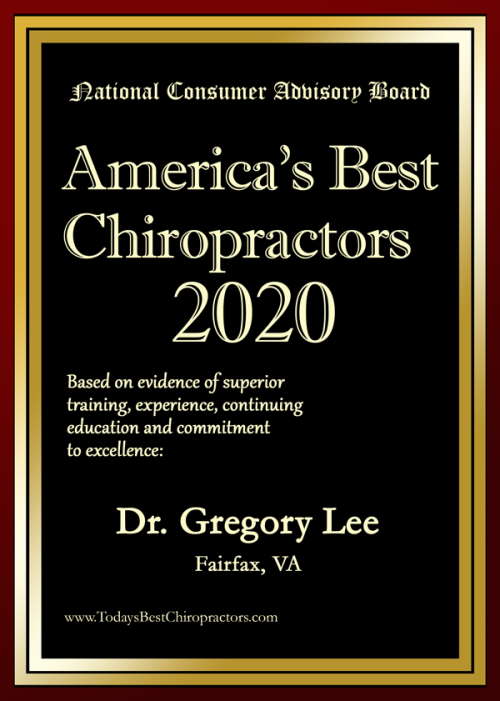


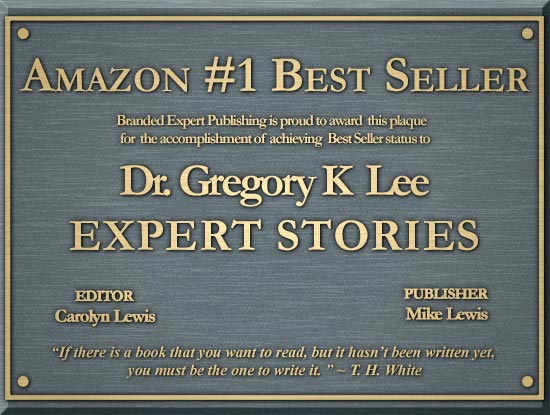
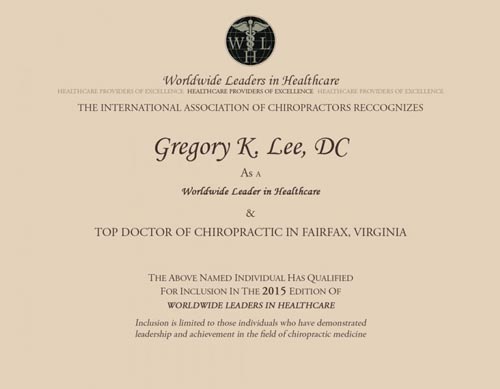
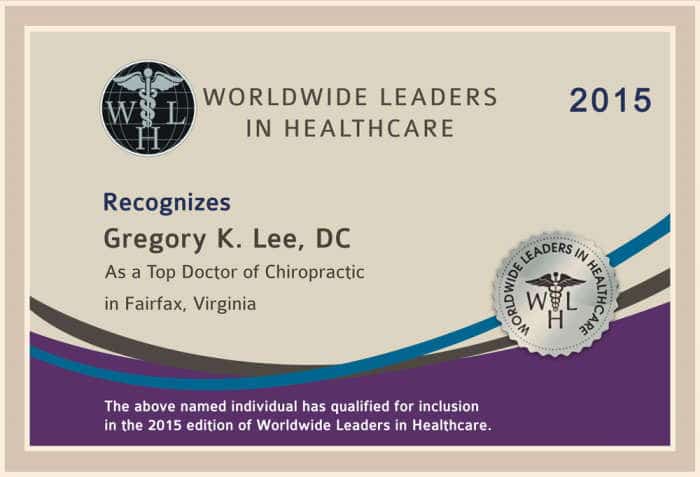
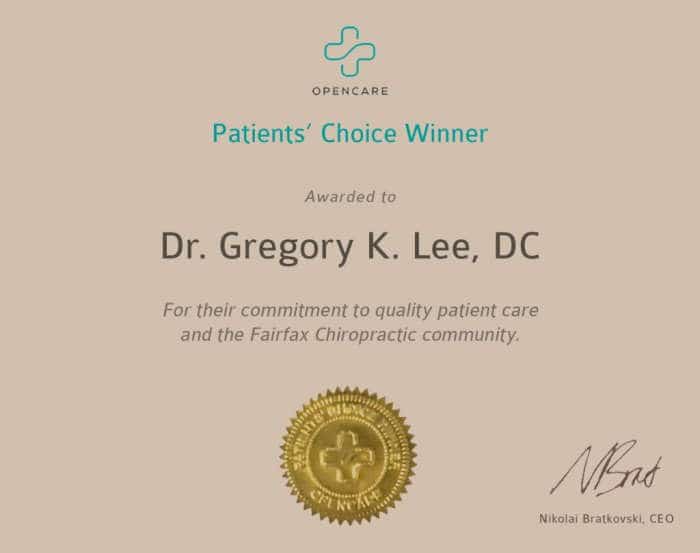
Verified Patient Reviews
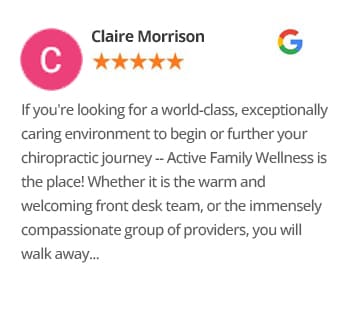

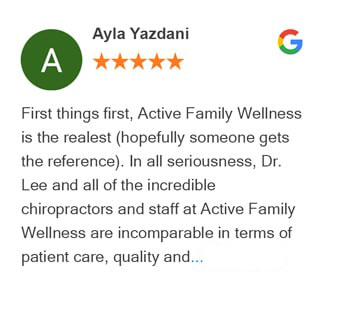


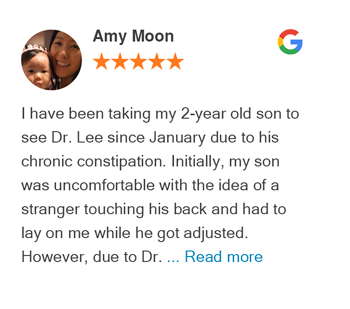


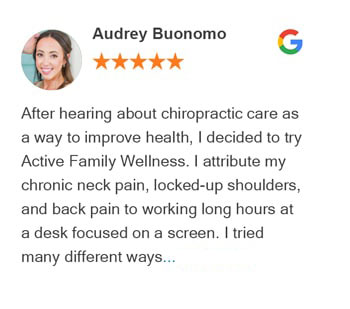

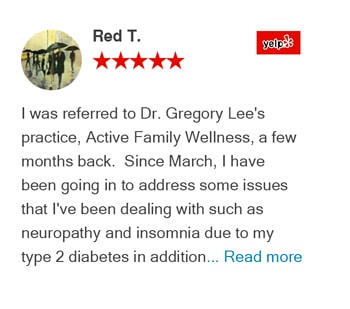
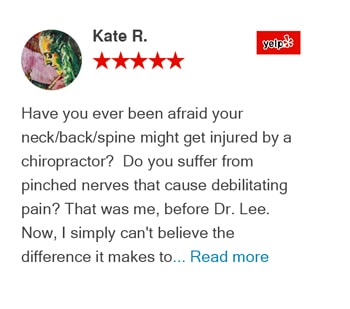
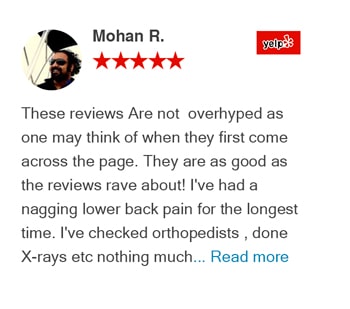
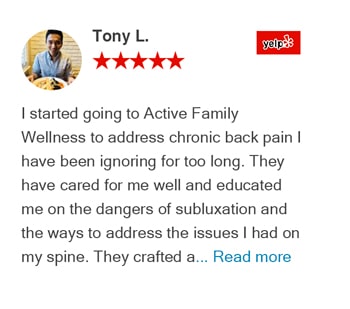
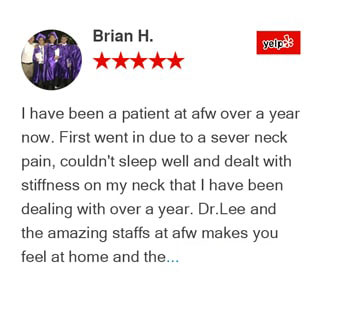

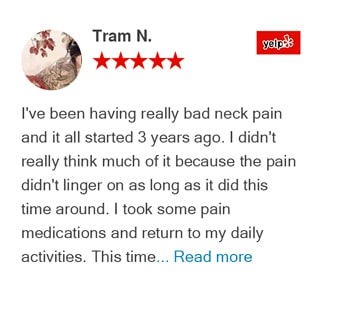
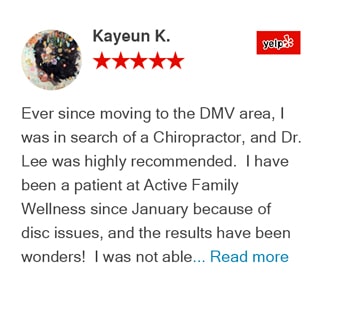
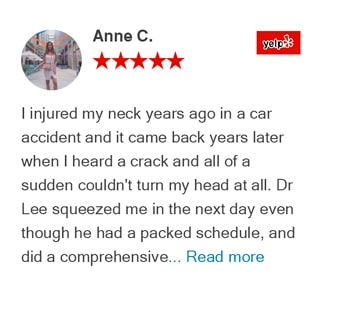


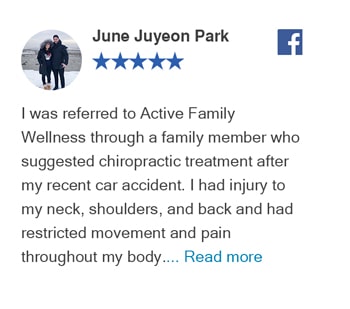
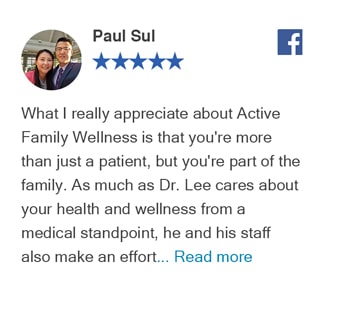
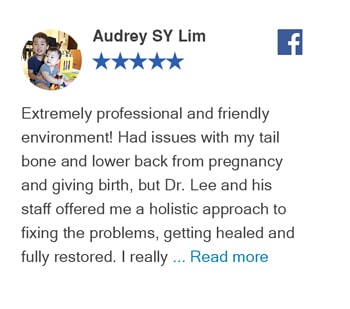
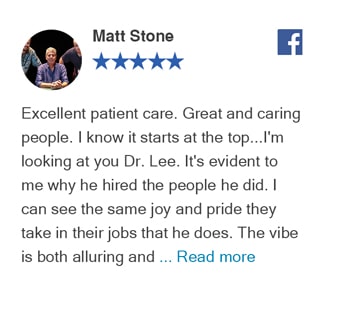
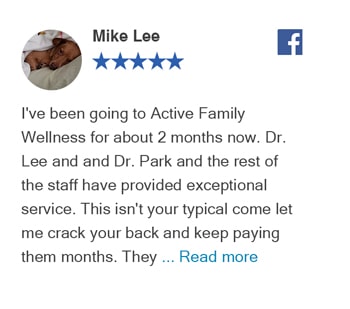
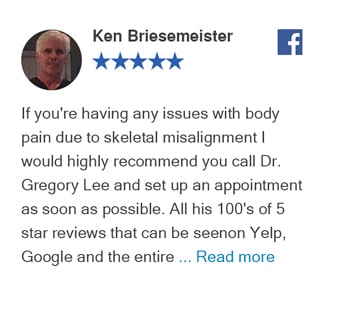
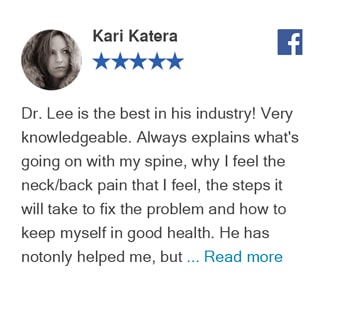
Book an Appointment
Please use the booking tool below to request an appointment. Our patient care coordinator would call you shortly to discuss your symptoms and finalize your appointment.
How Do We Treat Herniated Disc?
- (703) 373-7113
Let Us Help to treat your Herniated Disc/Slipped Disc
Do not ignore your Herniated Disc/Slipped Disc, it can become worse overtime. It’s important to consult with the doctor and understand the root cause of Herniated Disc/Slipped Disc.
Frequently Asked Questions About Herniated Disc
I Didn’t Do Anything So How Can A Disc Be Involved?
These cases may simply be age-related degeneration of a spine leading to a herniated disc. It is recommended to see a doctor for proper diagnosis and management.
Does Medical Insurance Cover Herniated Disc Treatment?
Medical insurance covers a broad range of medical conditions, and you may have to confirm with your provider to ensure this particular issue is covered. Although, a good number of insurances will not cover an existing chronic condition, of which herniated discs are included.
Can A Slipped Disc Go Back Into Place?
It is not possible to push back a herniated disc into position with some sort of physical manipulation such as a “lumbar pressure.” The natural timeline of a prolapsed disc could result in some resorption into position with time.
How Do You Lay Down With A Slipped Disc?
- It does not help to lie down on your stomach. It is much better to sleep on your side
- If you are going to sleep on your side, your chiropractor can show you leverage pillows to reduce tension on your hips
- Try to maintain positions that allow the spine to keep its normal curvature. For this, sleeping on your back may be the most preferred choice, as it maintains a natural alignment.
- Patients with herniated discs on the neck should avoid using too many pillows to prop the neck, as this may aggravate pain
How Long Does It Take For A Herniated Disc To Reabsorb?
It typically takes several weeks of physical therapy and other intervention for the pain and inflammation from a herniated disc to go away. However, this is a gradual, consistent process that takes patience and effort from both the patient and the therapist to achieve.
What Exercises Should I Avoid With A Herniated Disc?
High impact aerobics such as running, jumping, stair-climbing can put a lot of repetitive strain on your back muscles and on an already injured disc.
Flexion-based activities, which include bending down to pick something up, traditional biking, sit-ups, toe touches, and deep squats, are particularly hard on the disc and can lead to a further back injury.
Also, when a herniated disc is healing, twisting movements can cause unnecessary force and worsen lower back pain.
How Painful Is Herniated Disc?
In mild or moderate cases, which may resolve intermittently in a few weeks, pain can be hurtful enough to warrant analgesic medications. Chronic, severe slipped discs are perpetually painful and require stronger pain medications, physical therapy, and even surgery.


